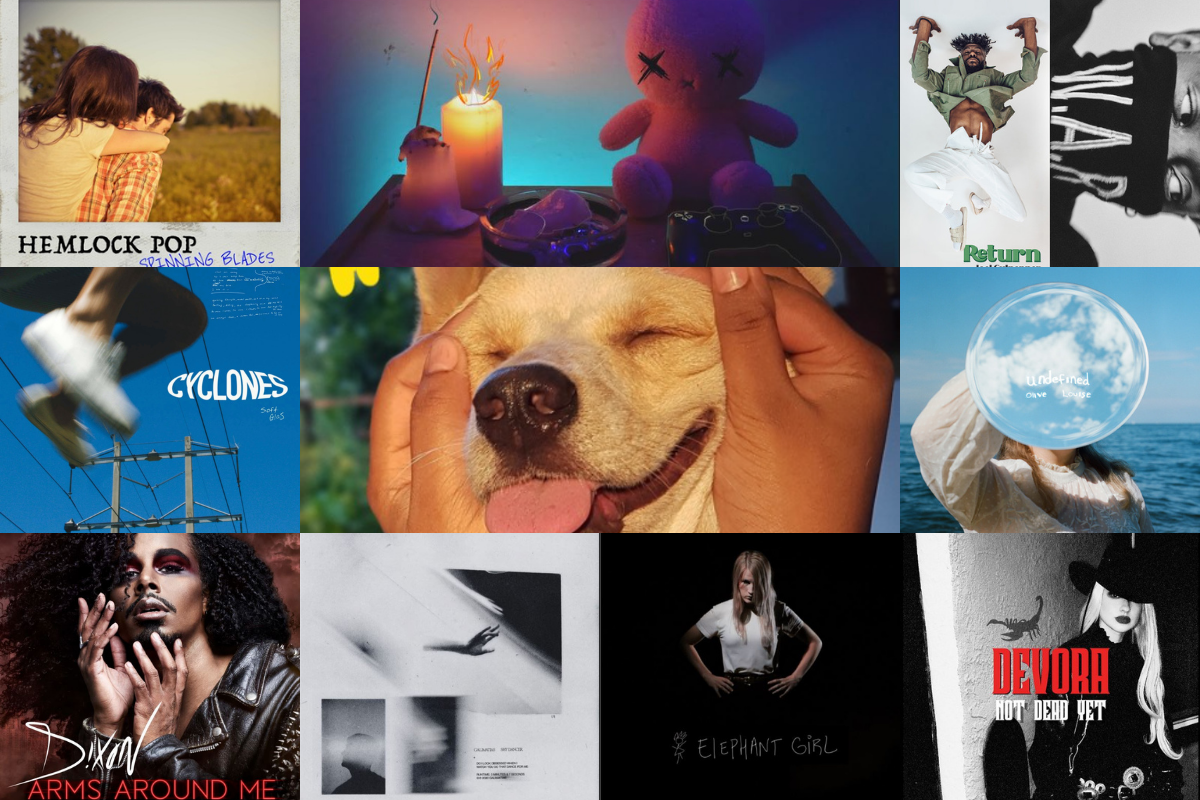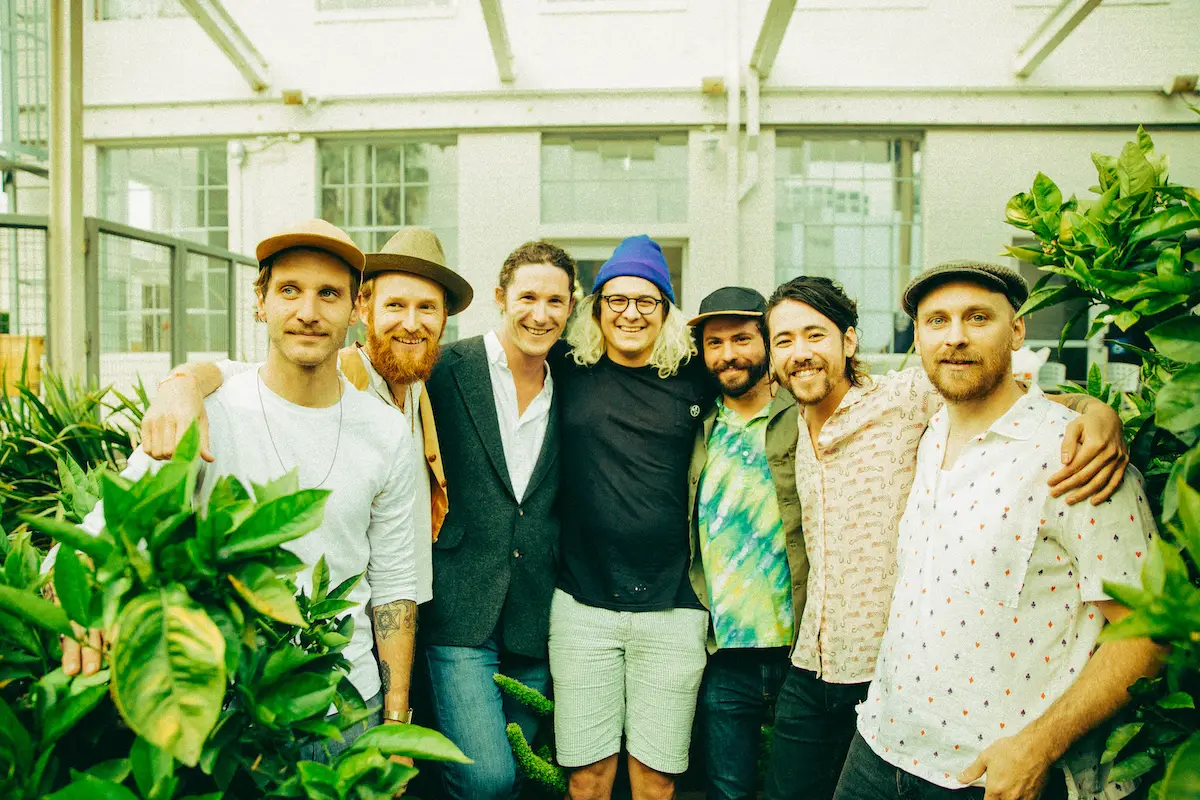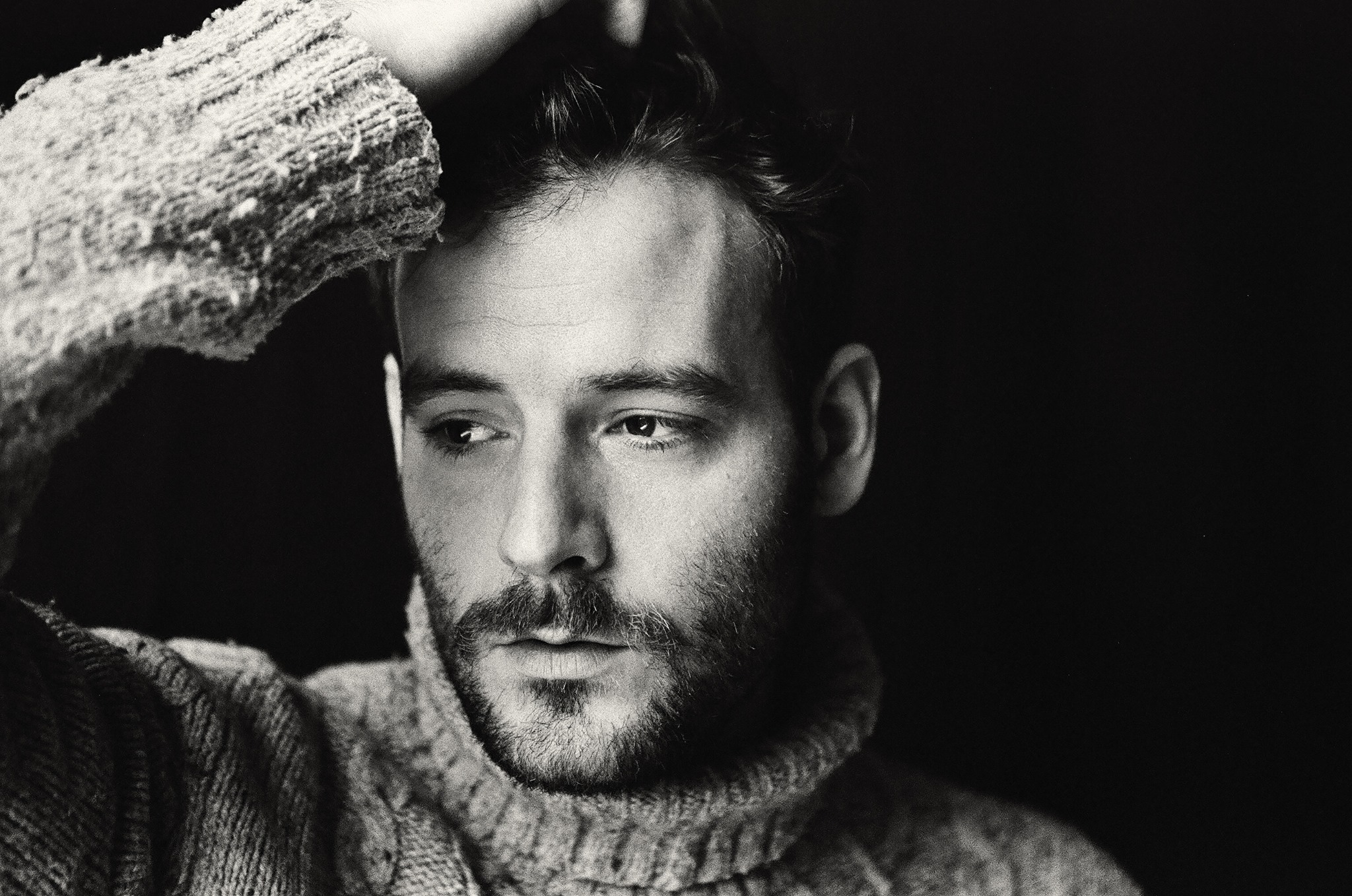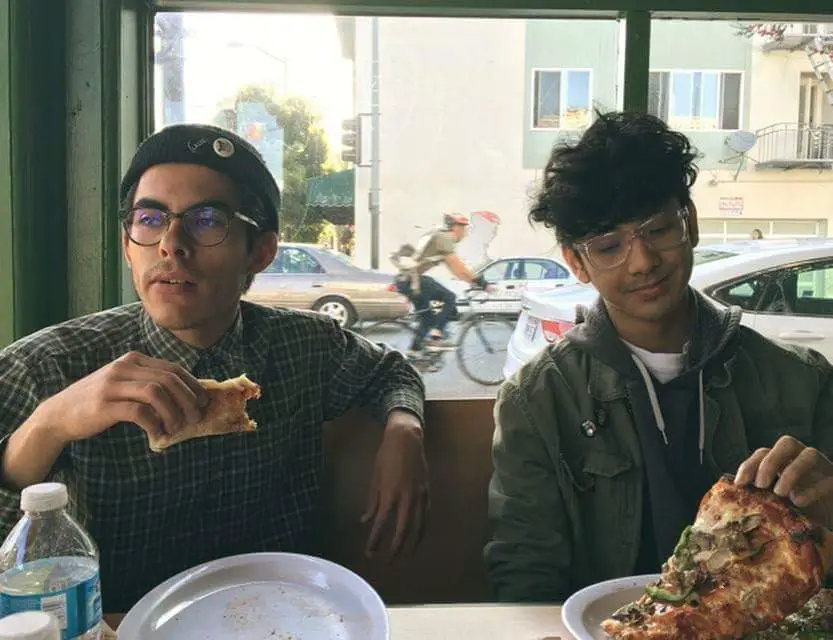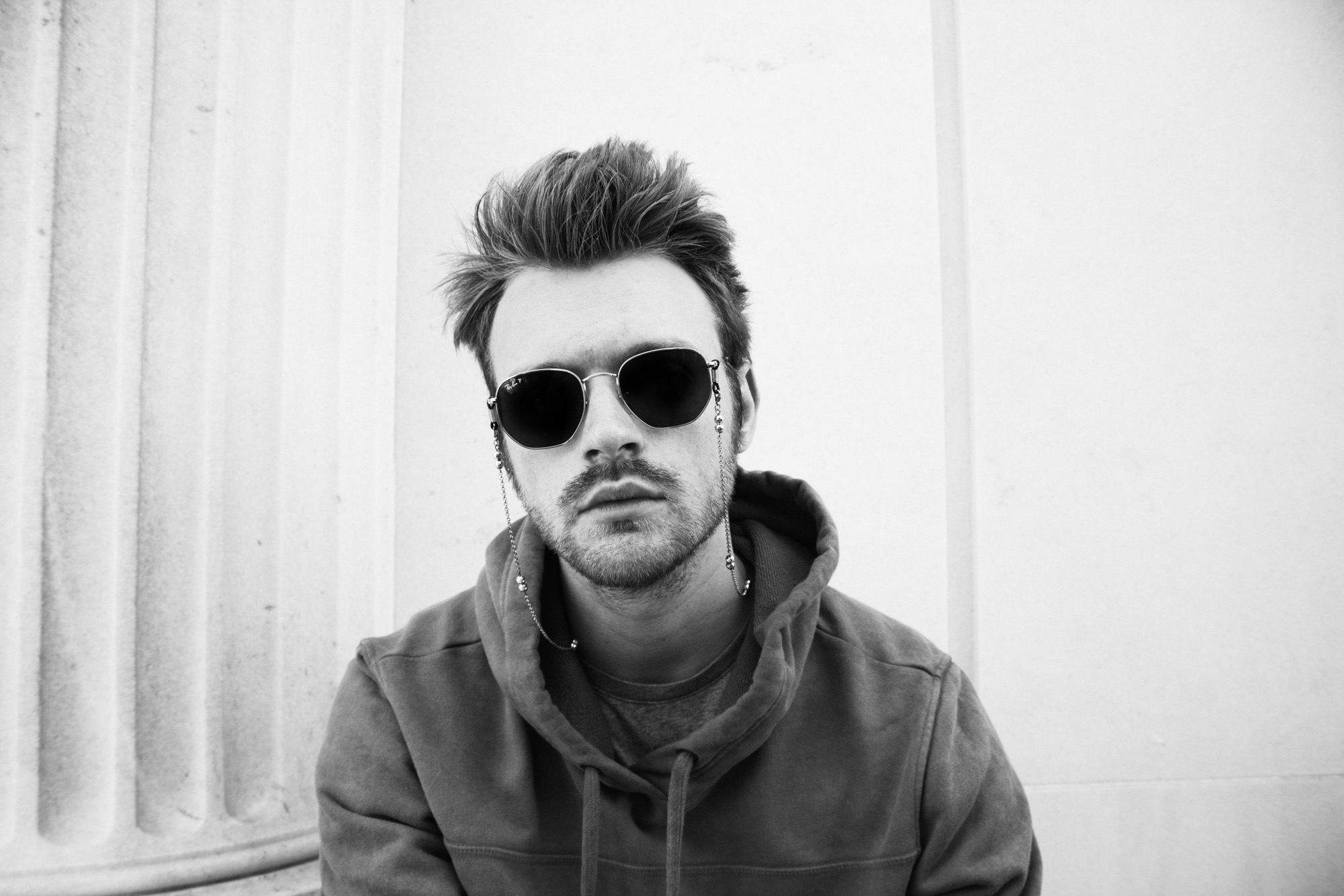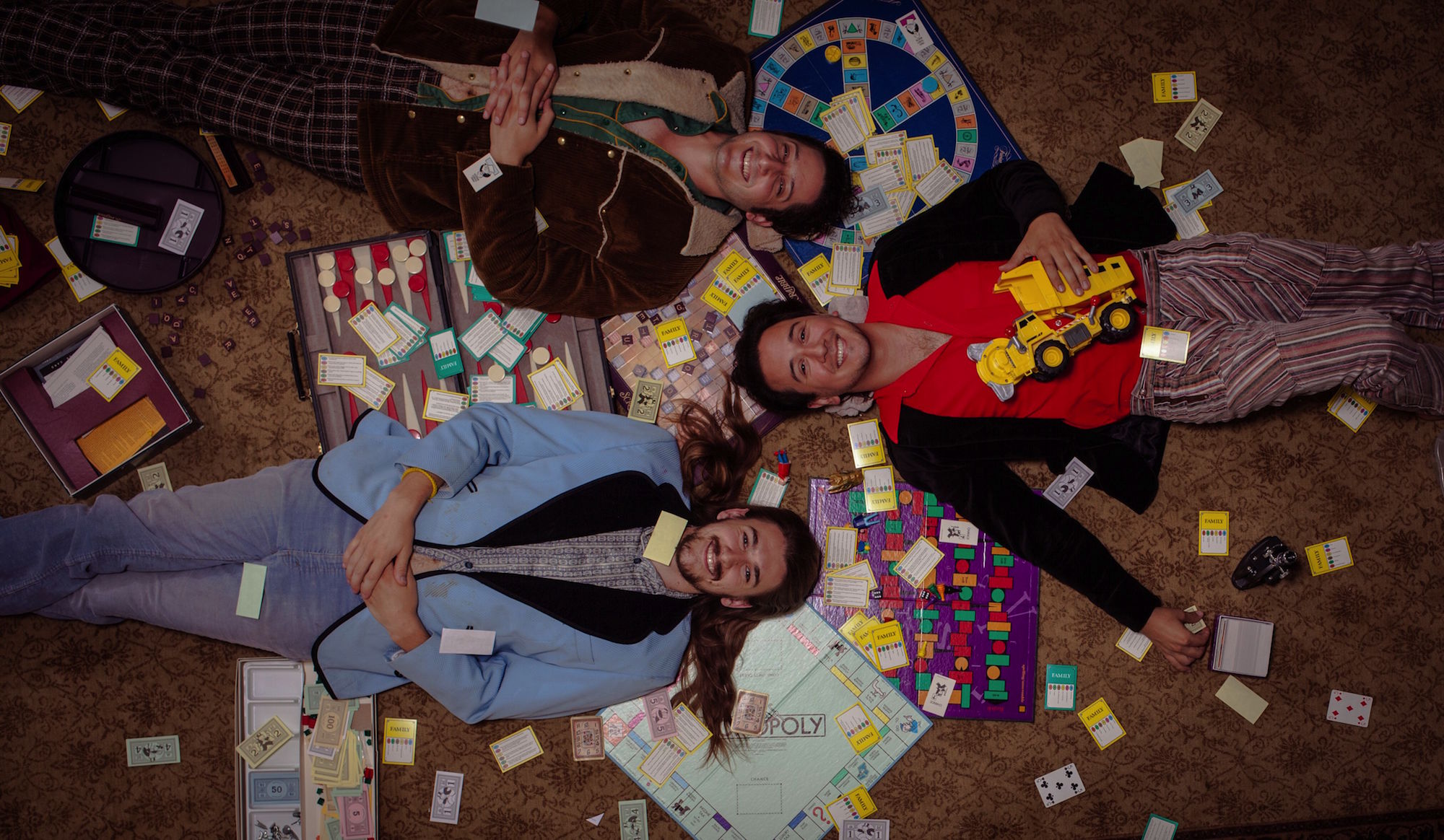Carmen Perry of Remember Sports discusses the band’s fourth album ‘Like a Stone’, anxiety, and Catholicism.
Stream: “Out Loud” – Remember Sports
“You look like my last, past life,” Remember Sports vocalist Carmen Perry sings on the closing track for the Philadelphia band’s new album Like A Stone. While closing on a hopeful note, the album is very much about looking at the aspects of yourself that may change, even if those shifts are scary.

The album also marks a shift towards musical experimentation for the band with a number of songs stepping outside of the pop-punk sounds that Remember Sports shared on previous records. There are still plenty of moments with jolts of pop-punk on the record, like “Falling Awake”. But other songs offer new sounds: “Odds Are” has a bit of a country twang to it while “Clock” is more subdued with hints of indie-psychedelic music.
Perry explained that a lot of the record was about entering a new adult phase of life and coming to terms with some of the difficult changes that are needed and how writing about those sometimes nerve-wracking changes can make them a little more bearable. Perry spoke to Atwood Magazine about Like A Stone, anti-anxiety medication, and Catholicism.
Like a Stone is out April 23, 2021 via Father/Daughter Records.
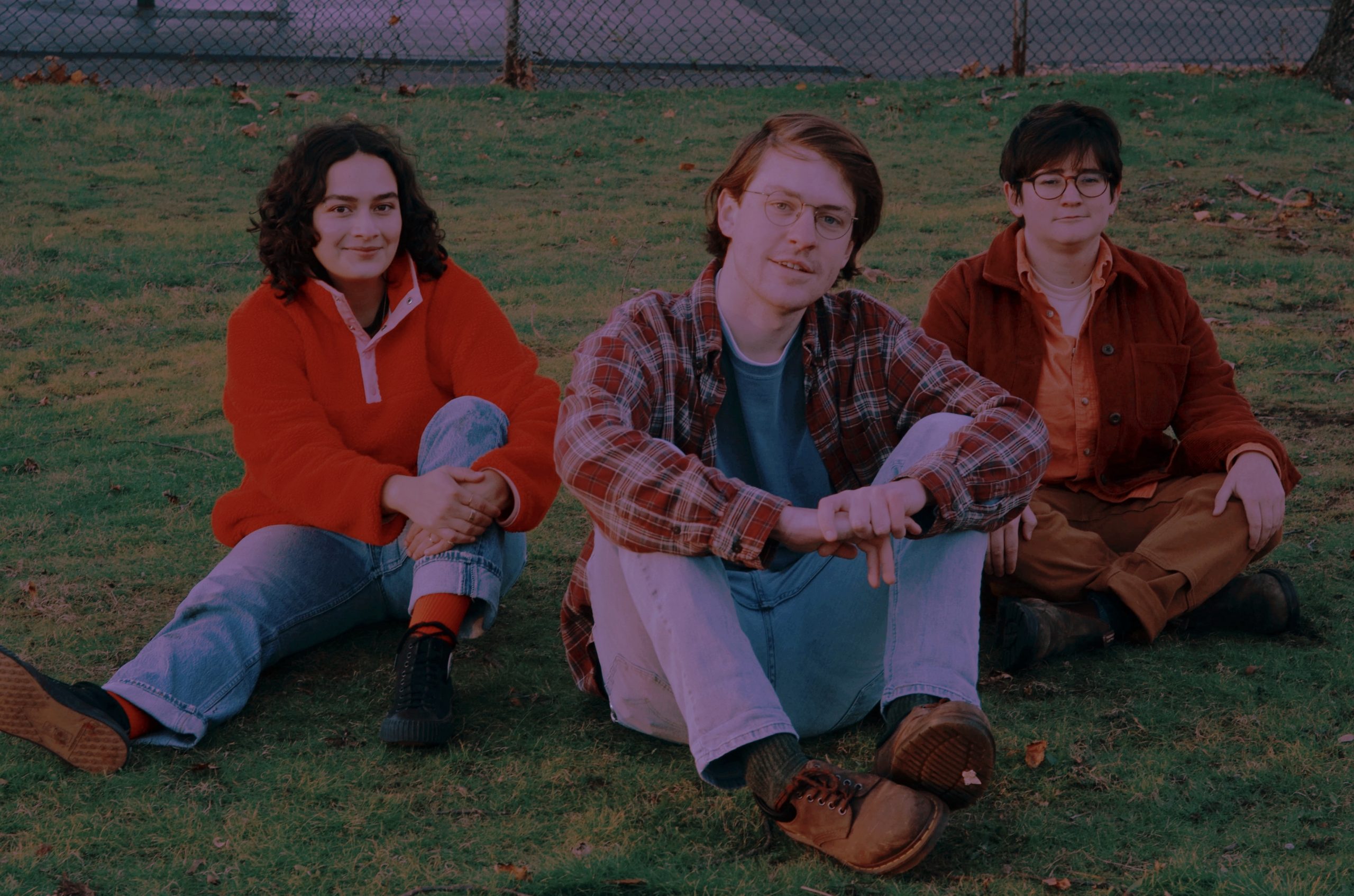
A CONVERSATION WITH REMEMBER SPORTS
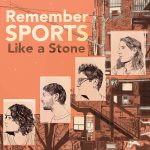
Atwood Magazine: Can you tell me a bit about the “Materialistic” video? Were those stock footage or home movies?
Carmen Perry: I found a bunch of old VHS tapes in my dad’s basement and got them digitized. There was quite a bit of mold in them, but they’re all cleaned out. In the one that I made the video out of, I was pretty young, so I wasn’t really doing anything that interesting yet. But my parents were filming a lot of cool shots of New York and stuff around them.
There’s also an hour and a half long break in the video. It’s like someone taped the evening news for some reason. So that’s where I got all the commercials from. I wanted to just put something together because I thought the footage was cool, and I thought it worked with the song’s sort of meandering melody.
To get both video questions out of the way: Can you tell me about the “Pinky Ring” video? I thought it was really pretty, and I liked the visual of the rock quarry or wherever it was.
Carmen Perry: That was a really fun video to make. That’s Boulder Fields in Hickory Run Park in Pennsylvania, which I’ve been to a couple of times before with Catherine, and thought it would be a cool place to film a video. That was the first time we had all been together since COVID so it was really fun for me.
What were some of the musical risks you took on this album? It felt like “Eggs” and “Odds Are” had a bit of a country twang. “Materialistic” sounds like it has a drum machine on it.
Carmen Perry: Yeah it does [have a drum machine]! I guess risk-wise, I feel like our most popular songs to date have been the fast, pop-punky ones with lots of screaming. I like those too, but I think that we’re also growing and changing as musicians. So it’s just fun for us to go in different directions and depart from that a bit. Sometimes it works. Some people like it. Sometimes it doesn’t, but we’re just trying to make what feels right to us. We spent a lot more time on instrumentation [on this record] and trying out different things.
I know reinvention or exploring different sides of yourself is kind of a theme on this album. Was that playing a role in some of the musical experimentation?
Carmen Perry: Yeah, for sure. I think that a lot of us moving to Philly and building our lives there has been a change from being children to being adults. It’s a lot of new things in life. We don’t want to keep doing the same thing over and over again. We’ve always had different interests musically, and we all have our own solo projects. I think a lot of people might think some of our songs are departures from our older stuff, but really, we’ve always been making this kind of music. It’s just focusing more on incorporating all of our tastes and skills into our album as a group.
“Sentimentality” is my favorite song on the album. It’s kind of an anxious love song. Can you tell me a little bit more about it?
Carmen Perry: I wrote that song when I was on anxiety meds for the first time, and I felt very nervous about it. It is about being in love and being on the brink of something that might make you different, make your personality different, but it also might be a good thing. It’s interesting that you say it’s an anxious love song. I guess all my love songs are kind of anxious.
I think with “Coffee Machine,” there’s some exploration of reinvention or learning new sides of yourself. How does that idea come up on the album?
Carmen Perry: I have always felt very resistant to change. It has always made me nervous. I think a lot of what I write about usually is like, things that have to change, or that should change. And usually I know it, but I just am slow to do it cause it’s scary. I felt like the album was about reinvention, but not really by choice. I’m learning how to be a person and how to be an adult and how to be somebody that people can rely on and depend on. It’s not really reinvention intentionally, but by necessity.
Does it end up feeling a little cathartic to write about it and be able to let it out in a musical form?
Carmen Perry: Yeah, for sure. Writing has always been a catharsis for me. Every time I write about something scary, it becomes a little bit less scary. I usually know when something— a change is a good thing, and when it needs to be done. It’s just like I need to take a minute and maybe write some thoughts about it before I get to it.
You mentioned before that a lot of the changes were kind of becoming-an-adult things. What were those changes?
Carmen Perry: That’s a good question. Disregarding COVID, most recently, I’ve been spending the past few years figuring out how to be a musician and go on tour pretty often and be writing songs, but also having to have a day-job when I’m home. How can I balance those things? What makes sense for me? I’m getting older, and a lot of my friends that I’ve made through touring and music and stuff [have] stopped playing music or stop doing music as a job. That’s been a bit scary.
I feel like we’re all at a place where we sort of have to make a choice about what the rest of our lives are going to look like, and that’s super daunting. I don’t know if I’ve fully made a decision yet. I still feel like my life or my career are open-ended, but I don’t know. I guess in a way growing up feels like having less and less choices to make available to you. I’m just learning to deal with that.
Absolutely. If you don’t mind me asking, how old are you?
Carmen Perry: I’m 27. So not that old in the scheme of things, but a lot of people I went to high school with are making a lot of money, having families and stuff. Sometimes, I feel like I am a little bit behind, but I also really love what I do. I love making music and touring with my friends. I feel like I have a pretty good life.
I totally get that. I’m 26, and I feel the same way very often.
Carmen Perry: I feel like when you lose your parents’ healthcare is when you start feeling old.
“Like a Stone” has some religious themes. I understand you were raised Catholic and then went on to study religion. In what ways do you feel that this album tied those together?
Carmen Perry: I tend to write about religion or God a lot. I did study it in school, and it was the first time that I had really gotten the chance to examine the concept of religion and Catholicism from an academic point of view, not from CCD classes [similar to Sunday School classes]. That became really interesting to me, because when I was a kid, I grew up Catholic, and I had experiences with the church and my family had experiences with the church that made us pull away from it. I wanted nothing to do with it. When I was in college, I really learned more about Catholicism and religion in general, that made me feel like it was something I could make my own.
It’s something now that really makes me feel connected to my culture and my heritage, being Mexican. I think it comes out in my writing a lot, because I feel like when you grow up Catholic, you’re told that God is always watching you, and it makes you feel weird and bad a lot of the times, but it can also be quite comforting in its consistency.
I feel like a lot of the negative emotions I have about Catholicism and have to work through—and that comes up in my writing a lot, because I don’t know if I identify as a spiritual person really, but I identify as a believer in something, and I like it that way. I feel like it’s a lifelong exploration.
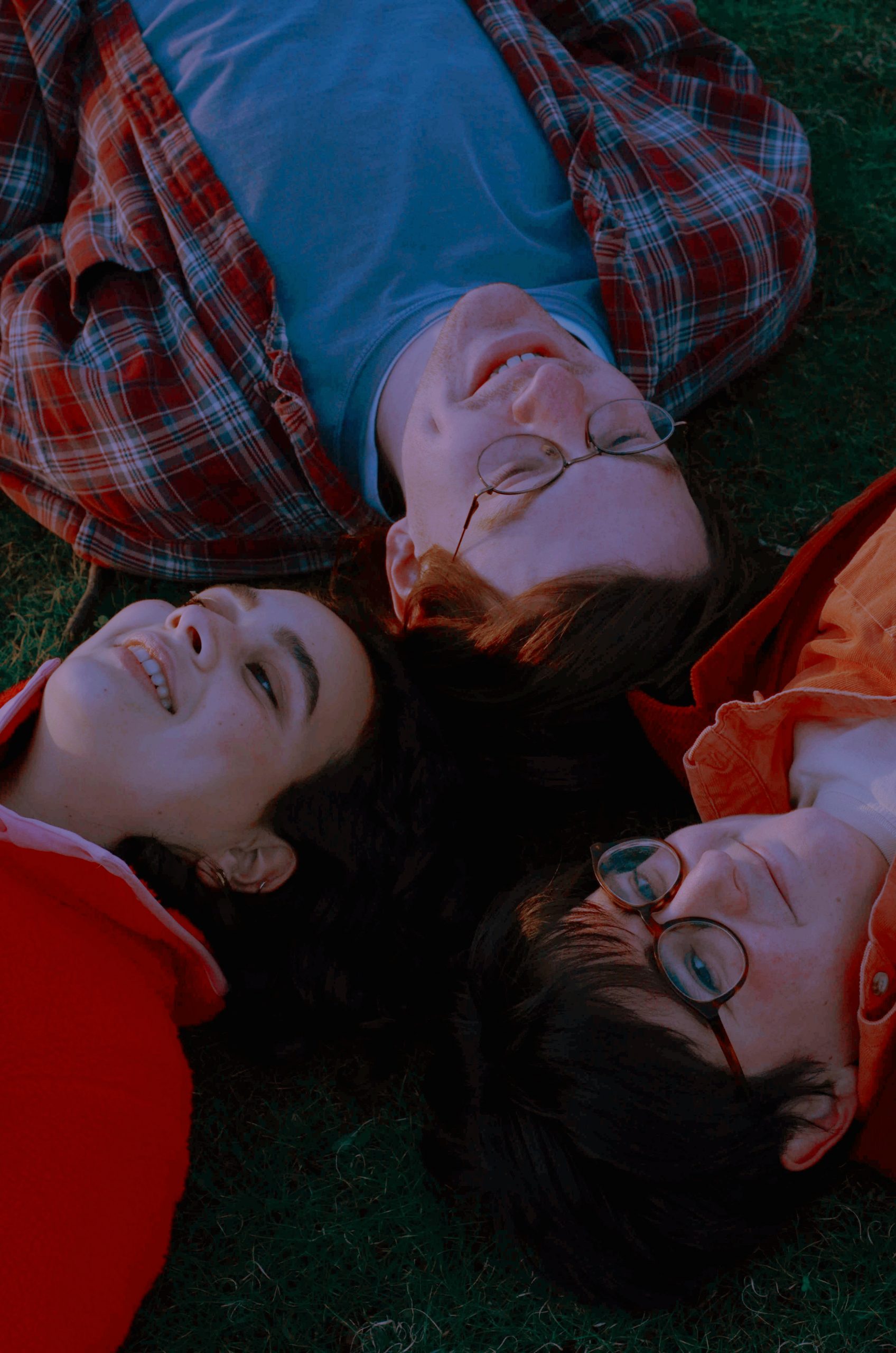
“Falling Awake” felt like it had both religious themes and was kind of a love song. Can you tell me a little more about that song?
Carmen Perry: That song I feel like is closer to our old stuff that sounds heavy, and that’s not a direction we meant to take when I wrote it originally. It was quite a bit slower. I don’t often write in minor key, but something about that song was just a very confused and frantic vibe.
A lot of the album is me writing through my feelings about starting meds for the first time and being afraid of it and how it would change things for me. In a way that sort of ties in with religion, because it’s taking a leap of faith. It’s something that you don’t know how it’s gonna go. Falling asleep and falling awake are two different forms of falling, and it’s scary.
Did you feel that by writing this album it gave you the strength you needed to take the leap of faith? Or was this written at the time, figuring out how it feels to go on meds?
Carmen Perry: I feel like it’s both. Some songs are—like “Sentimentality” you mentioned—that was definitely like pre, other songs are during me figuring it out, [and] I feel like I’m still figuring it out. I’ve always used songwriting as a way to just write through stuff that makes me anxious and is scary. I don’t know if it makes the thing a little less scary by trying to do a pop song that’s catchy. I guess that’s my goal all the time.
To me, “Clock” feels like it’s about fear of death. Am I on the right track with that?
Carmen Perry: I don’t wanna say no. I am very afraid of death all the time [laughs].
It could’ve been me projecting also.
Carmen Perry: I don’t think I specifically wrote it about that, coming from that perspective. That song’s more just about me just trying to—I don’t know—write songs. For a while, I was doing this thing where I play guitar for an hour every day and set a timer and not look at my phone, and by the end of the week, I will have five songs or whatever. That didn’t end up happening. [Laughs]. That song I would say is about putting pressure on myself. Pressure is also a really big thing on this album. Like I said before, a big thing for me is learning how to put music into my life as something that I do as a job and something that I need to do emotionally. I think “Clock” is just about putting an immense amount of pressure on yourself and feeling like a failure.
“Odds Are” sounds optimistic and positive to close out an album. Do you think this is an optimistic record?
Carmen Perry: I think so. Our last album Slow Buzz ended on a pretty dramatic note, a sad note. I think a lot of our albums probably do. This album is not a breakup album like a lot of our old ones have been, so it’s not really about anything specific. It’s just sort of like a marker of time. I just like am super anxious and afraid of stuff, and life goes on. You learn how to deal with it. “Odds Are” at the end of it: I just wanted to leave things on a lighter note. It’s kind of a goofy song. it was one of those songs that we all knew exactly where we wanted to go with it. It feels like a good place to leave things off for this album. It’s not really the end of anything. You know, we didn’t know about COVID then.
This interview has been edited for length and clarity.
— —
:: stream/purchase Like A Stone here ::
— — — —

Connect to Remember Sports on
Facebook, Twitter, Instagram
Discover new music on Atwood Magazine
? © Sonia Kiran
:: Stream Remember Sports ::


